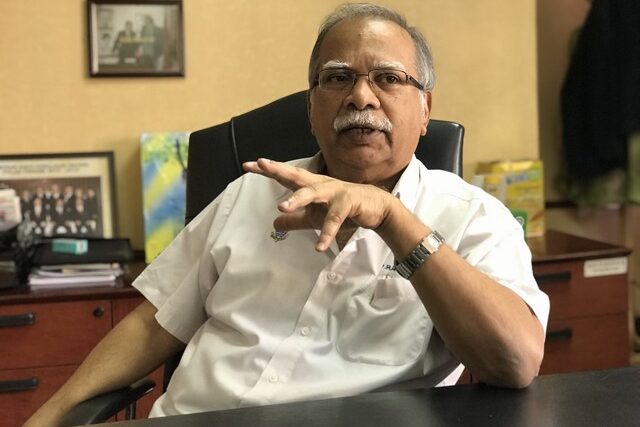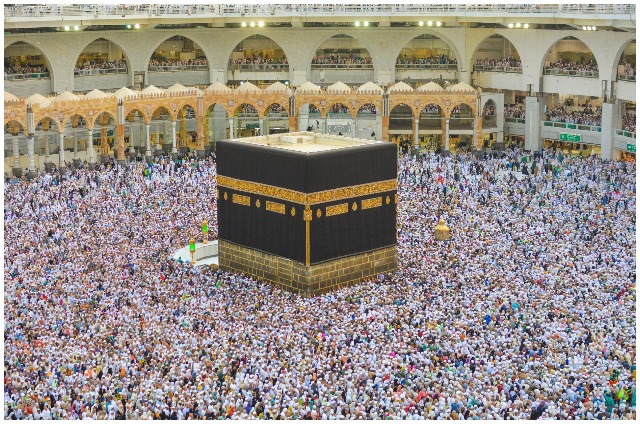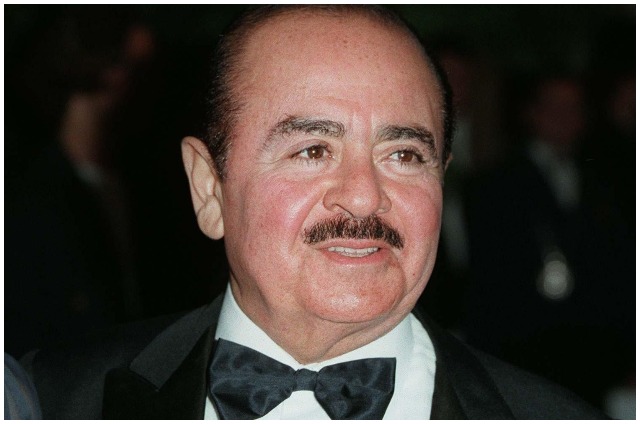JUNE 25- The emir of Qatar, Sheikh Hamad bin Khalifa al-Thani (photo), 61, informed members of the ruling family on Monday of his decision to hand power to Crown Prince Sheikh Tamim after a meeting in the capital Doha, the Qatari-owned television channel Al Jazeera said.
The U.S.-allied Gulf Arab state is geographically small, with 2 million people, but is the world’s largest exporter of liquefied natural gas, a global investment powerhouse, a growing force in international media and a financial backer of Arab Spring revolts.
A Gulf official told Reuters the announcement of the transfer of power would be made later on Monday.


Qatari political analyst Mohammed al-Misfer told Al Jazeera he did not expect major changes in the event of a handover, adding that Sheikh Tamim was already involved in running the country under his father’s direction.
Diplomats said earlier this month that the emir was considering an orderly transfer of power that would probably begin with the departure of the powerful prime minister and foreign minister, Sheikh Hamad bin Jassim al-Thani, 53.
NEW GENERATION
Arab and Western diplomats said they understood the motive was the emir’s desire to have a smooth transition to a younger generation. Such a transition would be unusual for Gulf Arab states, where leaders usually die in office.
Sheikh Tamim is 33, young compared to other Gulf rulers.
Qatar’s one-family absolute monarchy has ruled over the Gulf peninsula for more than 130 years.
Sheikh Hamad bin Jassim has been prime minister since 2007 and has played a central role in positioning Qatar as a regional power broker. He is also vice-chairman of the board of the Qatar Investment Authority (QIA), a position he is expected to retain. QIA has estimated assets of $100 billion to $200 billion.
The emir has elevated Qatar’s international profile in recent years through the launch and development of the Al Jazeera television network, as well as its successful bid to host the 2022 soccer World Cup tournament.
Qatar has played a substantial role in promoting Arab Spring protests, lending significant support to rebels who toppled and killed Libyan leader Muammar Gaddafi in 2011 and to a continuing uprising against Syrian President Bashar al-Assad.
It has also played host to a delegation of the Afghan Taliban, which opened an office in Doha last week in preparation for expected talks with the United States about how to end a 12-year-old conflict in Afghanistan.
PUNCHING ABOVE ITS WEIGHT
Other political crises and wars that Qatar has tackled include Yemen, Somalia, Lebanon, Darfur and the Palestinian territories, often arranging for peace talks on its own soil to try to prove it can punch above its weight in international diplomacy.
Eman Ebed Alkadi of the Eurasia Group consultants wrote that she did not expect Qatari domestic priorities or its foreign policies to change significantly with a change of ruler.
“Tamim has controlled key policies in Qatar for some time, and shares his father’s views on political development in Qatar and economic diversification,” Alkadi wrote.
National budgets had been agreed up until 2016-2017, Alkadi said, and with preparations for the World Cup in full swing, much change in domestic momentum was unlikely.
When he took power at age 44, the emir was among the youngest leaders in the region. Viewed as less aloof than other Gulf Arab monarchs, he could often be found at his favourite café in Doha’s souq, talking with the patrons.
Qatar is the world’s largest exporter of LNG, an achievement that set the country on a track to achieve double-digit economic growth for several consecutive years, during a time when many Western nations were mired in recession.
This spurred a population boom, with inhabitants surging from 500,000 to 1.9 million in the last decade.
Revenue from gas exports helped fund a string of high-profile purchases by the sovereign wealth fund, including the acquisition of London department store Harrods as well as stakes in oil majors Total and Shell.
But in 2005 Qatar declared a moratorium on development of the North Field to allow the impact of a rapid increase in output on the reservoir to be studied. The moratorium is expected to last until 2015 and likely beyond.
INDIA TODAY










